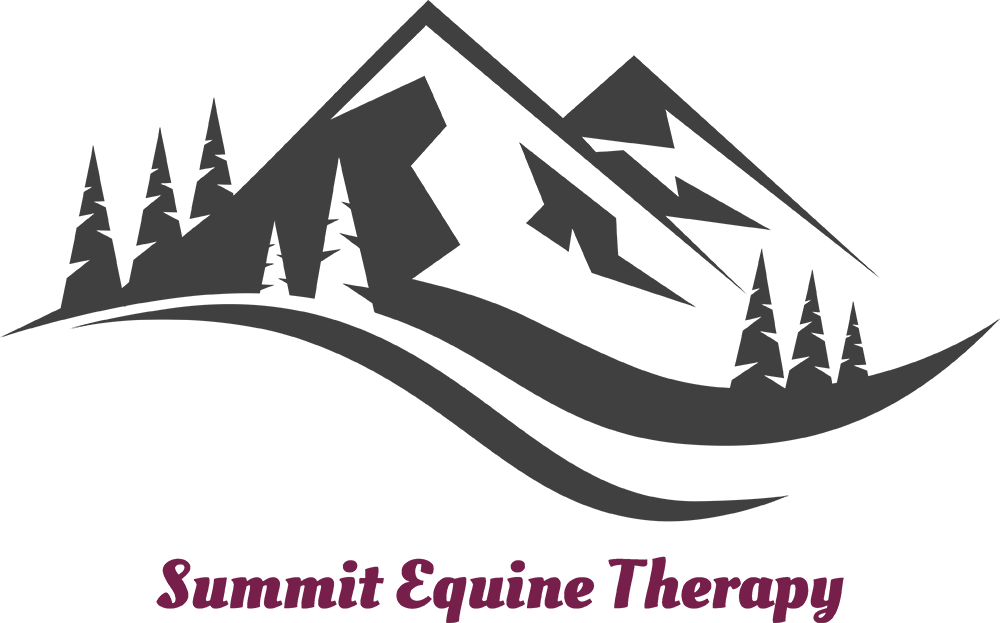
Your mental well-being matters—let us help you achieve lasting balance.
FAQs
Have questions about equine therapy?
We’ve compiled answers to some of the most common questions to help you understand what to expect and how equine-assisted sessions can support healing and growth. Feel free to reach out if you don’t see your question here — we’re happy to help.
-
Equine-Assisted Therapy is a therapeutic approach that involves guided interactions between clients and horses to support emotional growth and healing. It’s not about horseback riding—instead, the focus is on building trust, awareness, and connection through activities like grooming, leading, and observing the horses. Sessions are facilitated by a licensed mental health professional trained by Greg Kersten founder of EAGALA and the OK Corral Method.
-
Yes, we accept insurance from the following insurance providers:
● Aetna
● Ambetter
● Anthem
● BlueCross and BlueShield
● Medica
● Medicaid
● Midlands Choice
● United Healthcare
● Molina
● Optum
● TRICARE
● TriWest
● United Medical Resources (UMR)
● UnitedHealthcare UHC | UBH
Equine-assisted therapy sessions are billed the same way as traditional outpatient therapy. Coverage can vary depending on your individual plan, so we recommend contacting your insurance provider directly to verify your mental health benefits like you would as if you were. If you have questions about how sessions are billed, we’re happy to provide more information.
-
This approach can be helpful for individuals experiencing:
● Trauma or PTSD
● Anxiety or depression
● Relationship issues
● Emotional regulation challenges
● Difficulty setting boundaries or trusting others
People of all ages and backgrounds have found meaningful breakthroughs through this work,
especially when traditional therapy hasn’t felt like the right fit.
-
Each session varies based on your goals and comfort level. Common activities include:
● Grooming or leading a horse
● Observing horse behavior
● Completing a task or overcoming an obstacle with the horse
● Practicing grounding and mindfulness near the horses
● Reflecting on your experiences with guidance from a therapist
-
Yes. Your safety—both physical and emotional—is a top priority. Sessions are facilitated by licensed professionals, and all horse interactions are supervised. We work at your pace, and every activity is designed with safety, respect, and consent in mind.
-
Not at all. All of the work is done on the ground, and no prior experience with horses is needed. Your therapist will guide you through each interaction based on your comfort level
-
Trauma, addiction, and emotional distress often disconnect us from our feelings and our bodies. Horses help us reconnect by creating a space where we can safely experience and process emotions without overthinking or shutting down. Their responses give us insight into our own behavior, helping us develop healthier ways of relating—to ourselves and others.
-
Yes. Equine-assisted therapy can be extremely effective for young people, especially those who struggle to engage in traditional talk therapy. The hands-on, relational nature of working with horses often helps kids and teens express themselves more freely and build confidence.
-
It’s completely normal to feel nervous around such large animals. Many clients start off feeling the same way. Part of the therapeutic process can involve working through that fear in a safe, supported environment—often leading to powerful breakthroughs in confidence and self-trust.
-
Reach out to schedule a free 15 minute initial consultation phone call. We’ll talk about your goals, explain more about the process, and answer any additional questions you may have. You don’t have to commit to anything right away—just come as you are.
-
We’re happy to help. Contact us at camille@summit-therapy.org or give us a text/call at 402-
287-4755 to learn more about whether equine-assisted therapy is right for you.
“There is a voice that doesn’t use words, Listen.”
Rumi
